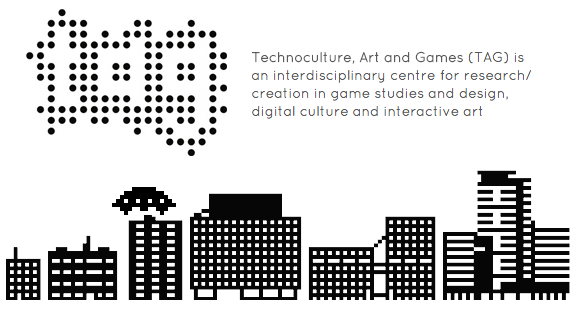15 GDCs Later: The Shifts, Trends, Waves, Tools and More in a Shifting Game Industry

Two weeks from now I’ll be giving a talk at the Technoculture, Art and Games (TAG) is an interdisciplinary centre for research/ creation in game studies and design, digital culture and interactive art in Montreal. It is my first official “book talk,” so I took things pretty simply.
Title: 15 GDCs Later: The Shifts, Trends, Waves, Tools and More in a Shifting Game Industry
Abstract:
In Developer’s Dilemma (MIT Press, 2014) I wrote about the prisoner’s dilemma of videogame development, circa 2008, which was the height of the big-bad-AAA videogame industry. In this talk, I reflect on nearly 15 years working, observing and writing about the labor/love of videogame development work. The talk will touch on a handful of recent “dilemmas,” which have risen to prominence since the writing of Dev’s Dilemma. I will also return to a handful of the book’s Boss Fights to see if the games developers play have changed or just have new players participating in old games. These include but won’t be limited to: developer visibility, standardized tools, access to platforms, funding models and publishing.


